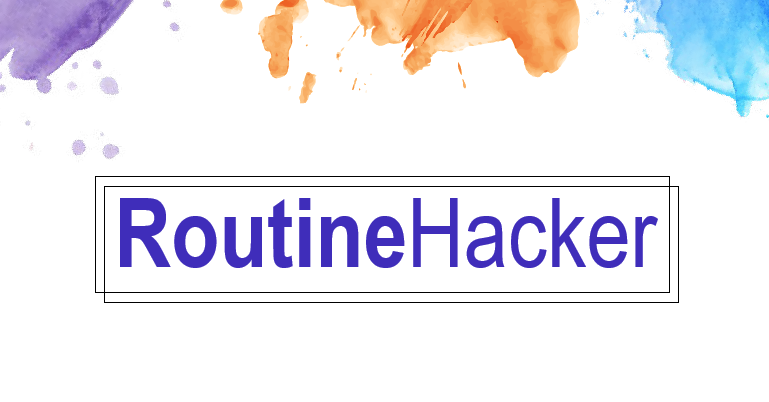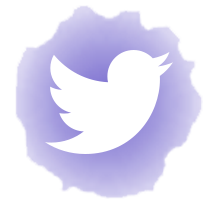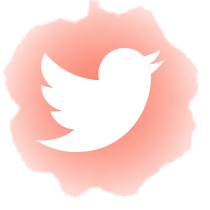“Once in a while it really hits people that they don’t have to experience the world in the way they have been told to.”
– Author Alan Keightley

Wellness Tip:
Keep a Mood Diary
Ever tried tracking your moods? It’s easy to do and can greatly benefit your mental health.
Mood tracking helps you:
- Identify triggers that lead to mood changes
- Understand how sleep, diet, and daily activities affect your moods
- Recognize how your moods affect your decision-making
- Develop coping techniques
You can use a paper journal or mood chart. Apps also work. Just try to be honest, be consistent, and be willing to track both positive and negative moods.
Want to know more? This post from VeryWellMind is a good place to start.
Productivity Tip:
Keep a Mood Diary
A good exercise sesh needs to last at least 20 minutes—right? Actually, it depends on your goals. Two minutes of movement may not build much muscle, but it can temporarily boost your memory and focus.
A 2020 study found that exercise improves mental health and cognitive function. While longer sessions were more effective, two minutes was enough to make a difference.
So, next time you’re struggling (especially if working from home), why not try five minutes of warmup stretches followed by a few minutes of high-intensity exercise? Then, rest for a few minutes and head back to work. Does it work for you? Let us know!
Routine Breakdown
Elsa Elbert, CEO of Composed Living

“I believe in the power of routine to help us accomplish our goals, physical and emotional,” says Elsa, founder of professional organizing company Composed Living. She:
- Makes her bed then makes coffee.
- Journals or writes gratitude pages for 5-10 mins. “I love journaling on paper. When you’re writing by hand, you can really explore your thoughts in greater detail.”
- Listens to a guided meditation or does a mantra with mala beads. She likes Gabby Bernstein’s meditations. “Meditation helps my mind to feel less cluttered.”
- Reviews her tasks for the day, and makes adjustments if needed.
- Has breakfast and gets to work.
Why it works:
- Making your bed is a way to start the day off right.
- Journaling and gratitude: two things that are great for mental health!
- Guided meditation can relax you, reduce stress, help you sleep… and more.
- Planning out tasks keeps you focused on your priorities. Panda Planner is specially designed to guide you through that process.
On gratitude practice, she says: “I am prone to anxiety and ‘future-tripping’ (my mind is always worrying about what’s coming next), and a gratitude practice grounds me in what I already have, and what I’ve accomplished.” Do you practice gratitude daily?












